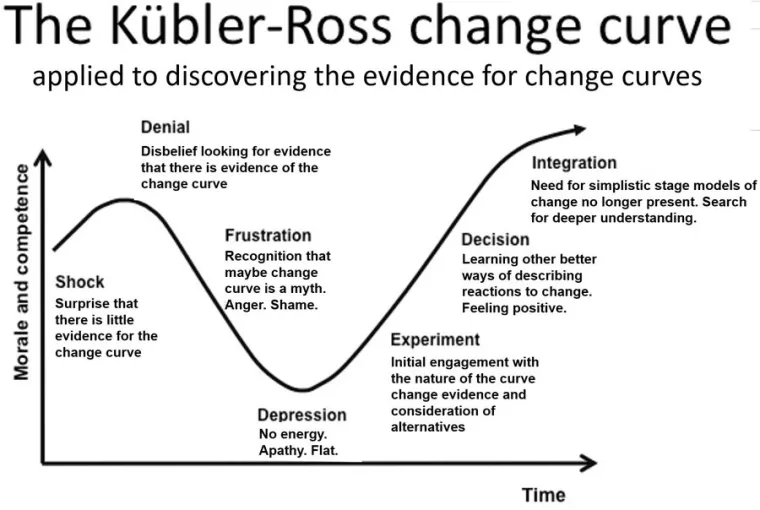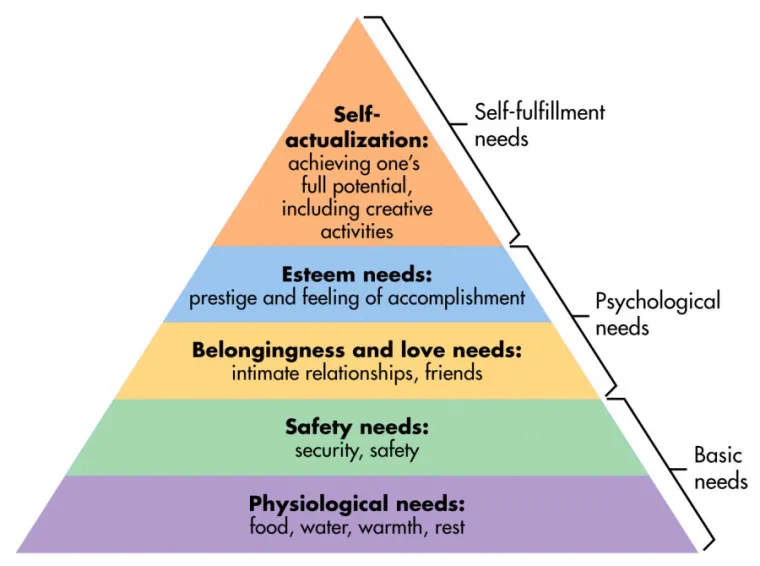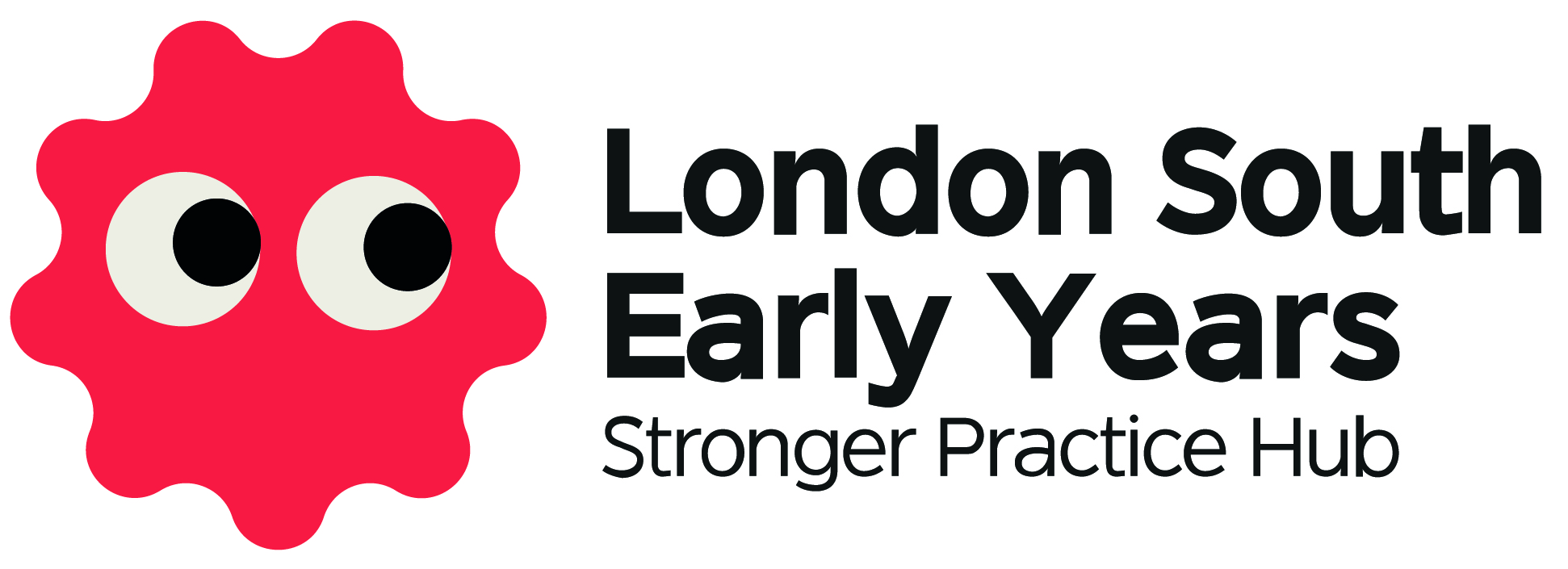It is a well-known flight briefing that to be able to support others you need to take care of yourself first. Working in Early Years sometimes we, as practitioners can put all our energy into supporting the children and families without understanding or putting our own professional needs first.
Identifying your strengths and weaknesses helps to identify and highlight your professional development needs. This takes both self-reflection and honesty, including acknowledgement of your achievements, what you are passionate about and your unique selling points. Working in a PVI, group-based setting or as a childminder with assistants this can be done in your supervision meetings and if you are working as a lone childminder, it could be done reflectively incorporating views of others such as the children, parents or other childminder colleagues.
Frequently training needs are identified and there are currently many sources of training opportunities available to all in Early Years funded by the DfE Covid 19 recovery programme and others offered by the Stronger Practice Hubs. The Education Endowment Foundation (EEF) Evidence Store has information on key areas of learning and development which has been most impacted on children due to the pandemic.
As experienced practitioners we know first-hand that change is challenging and has its own difficulties. All the emotions associated with change can be found in the Kubler-Ross change curve and they are all valid and natural emotions felt by both adults and children. It can be helpful to identify where you currently are on the curve.

It is challenging to learn new approaches, especially when we are all doing demanding jobs and have always ‘done it this way as it works for us’.
Applying new ideas and approaches from our learning always has an element of frustration and rejecting too early. You need to give new practice ideas time to embed before reviewing and quitting, especially recognising your own and other practitioner’s emotions on the change curve. In the evidence store there may be approaches that we look at and think, ‘we are doing that already’, so it is easy to include into our daily practice as a refresher. There may be some things that are new to us which will may pose personal challenges before adopting and embedding them. It is easier to challenge yourself a second time round once you have already experienced all the emotions of dealing with the change.
Putting professional goals in place requires you to identify your personal commitments and capacity to meeting your goals, including putting in timeframes which are achievable and appropriate to the circumstances of your setting.
In summary this is the same as using the SEND Graduated approach of assess, plan, do, review, on ourselves. Always remember Maslow’s Hierarchy of Needs, starting at the bottom of the triangle of meeting basic human needs before reaching Self-Actualization.

Fully funded support is also available through the Early years experts and mentors programme for Childminders and Private Voluntary or Independent (PVI) nursery settings, maintained nursery schools and school-based nurseries. Settings might find it helpful to receive support in this way including someone to help talk through changes being implemented. Links for more information and how to apply are below.
Links
Experts and Mentors Programme for Private Voluntary or Independent (PVI) nursery settings, maintained nursery schools and school-based nurseries. https://www.pengreen.org/early-years-experts-and-mentors/
The Childminder Mentor Programme https://www.hempsalls.com/covid-recovery/covid-recovery-childminders
https://www.earlyyearspdp.com/
https://www.gov.uk/government/publications/early-years-level-3-senco
https://www.gov.uk/guidance/early-years-leadership-national-professional-qualification
https://child-development-training.education.gov.uk/
